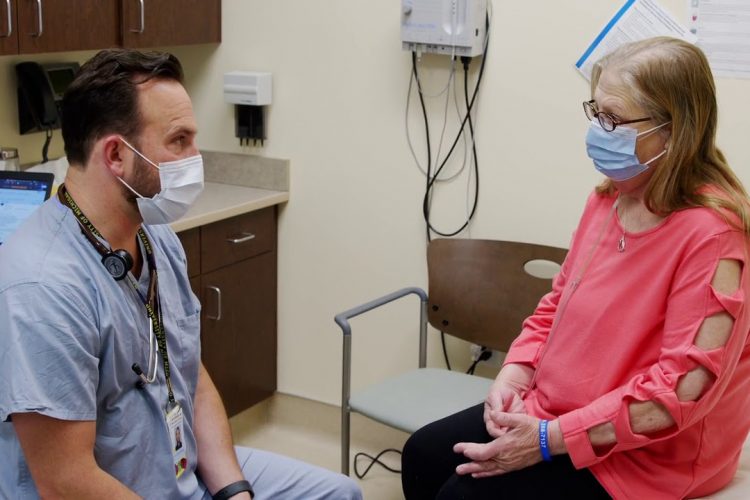Adults frequently find it difficult to fit a yearly checkup at the doctor into their hectic schedules. Adults have a variety of justifications for not getting their yearly physicals. The first is the challenge of getting a physical exam scheduled. It might be challenging to schedule a routine physical exam because many working-age adults assert they must care for their family or are unable to take time off from work. Adults often claim that they are in great health as an excuse for skipping a checkup. These people don’t mind going to the doctor when they’re ill, but they don’t feel the need to schedule a yearly visit.
Reasons to Have a Physical Exam Each Year
Future health issues can be avoided by maintaining a healthy lifestyle. Doctors at medical centre Croydon can provide patients advice on how to enhance their health and perhaps prevent certain diseases from emerging in the future at the yearly exam. By performing annual physicals, doctors may determine whether their patients are up to date on their vaccines. Last but not least, yearly examinations can help doctors and their patients communicate better. Although it might not seem important, patients who detest their doctors might find it more difficult to justify subsequent appointments.
What happens during a person’s yearly checkup?

Doctors conduct a long variety of examinations and treatments during each annual visit. The doctor will often speak with the patient first. The patient’s dietary patterns, exercise routine, sexual health, and drinking and smoking habits will all be questioned by the doctor. During this time, patients can update their family medical history and review their immunization and screening records.
Examining the Test Differences Between Men and Women
There are general health procedures used during physical examinations as well as gender-specific ones. For male patients, doctors will check the testicles for growths or lumps that might be cancerous tumors. Doctors examine the breasts of female patients. The patient’s sexual history may influence the doctor’s decision to order additional testing. Doctors of the opposite gender will frequently offer to bring in a separate medical professional who matches the patient’s gender for this portion of the treatment.
How to Get Ready for a Medical Exam
An examination of the physical body requires very little preparation. The patient is primarily responsible for providing pertinent medical history. Patients should bring a list of all the prescriptions they are currently taking just in case, even though their doctor should already be aware of this. Additionally, the patient must be willing to discuss any relevant allergies. If a doctor prescribes blood work, it’s ideal to have it done after the exam rather than before because it can only be done while the patient is fasting.


